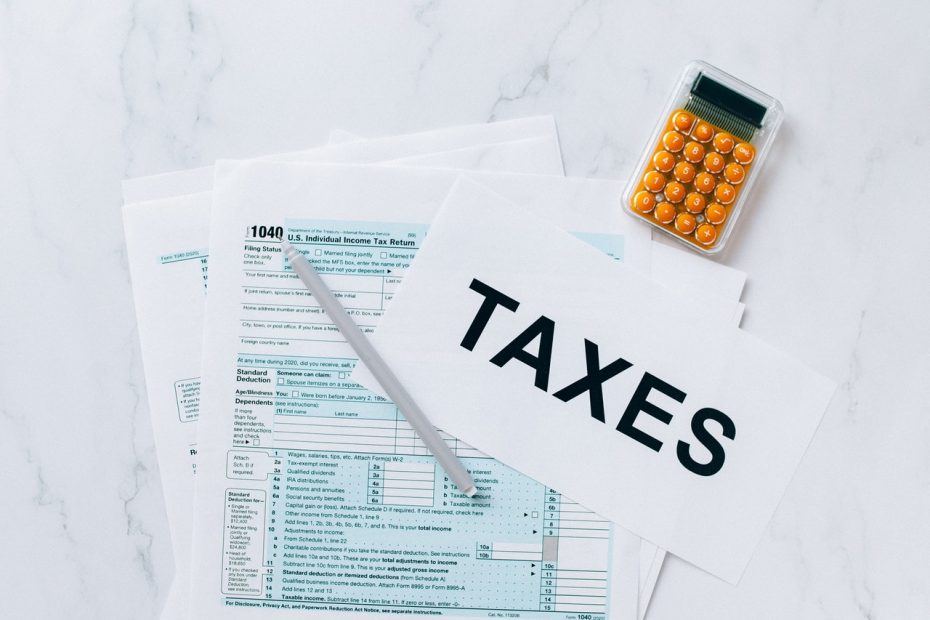Most consumers are aware of sales taxes. They are an extra percentage that is charged for items purchased and is required in most states. If you happen to be a business owner in a state that requires that you collect a sales tax, you must add this percentage to cover both state and local taxes to a customer’s total purchase. Once collected, they must be submitted to the local tax authority.
In the past, if you did not have a physical business, you were not required to collect sales tax for online sales. However, in 2018, the U.S. The Supreme Court has ruled that states can legally obligate businesses to pay sales tax, even if they lack a physical presence in the state.
When Do You Need To Pay Sales Tax Online?
If you are running a legal business, you will need to begin collecting sales tax as soon as you make your first taxable sale. Local and state tax authorities do not provide a grace period where collecting sales taxes can be an afterthought.
It is a prudent move to simply start as soon as possible to collect your sales tax collection responsibilities in order to avoid serious consequences such as late fees, interest payments, and penalties. These can bankrupt your business. In extreme cases, criminal charges may be brought on if tax evasion has occurred.
Taxes can be complicated. Instead of seeking advice from colleagues, it is best to consult the advice from an accounting professional.
Process Towards Sales Tax Compliance
The management of sales tax can be convoluted, as most tax laws can be. But you can get ahead by getting familiarized with these steps: determination, registration, collection, filing, and remittance.
1. Sales Tax Determination
Sales tax objects can be a good, a service, a digital object, or any combination of each. Get familiarized with the taxability for each object. Not doing so and you run the risk of “under-collecting”, which could result in an audit assessment. If you over-collect, this can lead to a class-action suit.
2. Registering Your Business
In order to establish sales tax compliance, you must first register your business in the state where you have nexus (i.e., a physical connection to a state). In order to ensure compliance for the life of your business, you must apply for the state’s sales tax registration correctly.
By registering, you will receive an official sales tax license. All states require that businesses register 1-2 weeks prior to selling.
3. Collecting Sales Tax
After you have registered for a business license in the states where you have nexus, you can begin collecting sales tax. All major e-commerce platforms have the functionality within their systems to collect these taxes. You simply have to set it up on your dashboard.
4. Filing and Remittance
After collecting sales tax, the next step is to file a sales tax return based on the filing frequency as required during the registration process. By filing the sales tax return, you are breaking down the total sales tax that has been collected by jurisdiction, including state, county, city, etc. This information is then submitted to local and state taxing authorities.
One thing to note is that the process of filing sales tax returns does not involve remitting sales tax. The filing step is essentially “reporting your numbers.” You are completing the paperwork that is required to report to state and local authorities on how much sales tax you have actually collected.
In Closing
Taxes are seldom a topic that a business wants to tackle, but it is the reality of running a business. Compliance is a real concern, especially if an online business wants to both expand its business and build it for years to come. By not remaining in compliance, you are placing your business at financial risk.
